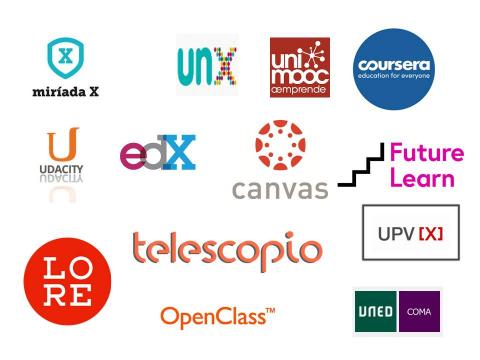
In short words: Is getting free education via online from institutions like Harvard, Stanford, and MIT.
MOOC Courses are based on video lectures, readings, and online discussions with the thousands of participants and instructors. Many courses also integrate social media like Twitter, Facebook, LinkedIn, and Google Hangout to enhance discussion.
Before Intel giant McAfee revamped its new-hire orientation, it was over 80 hours long and consisted of roughly 40 hours of pre-work, 5 days of on-site training, and a “robust” syllabus of post-work, meant to be completed at home. But as McAfee’s Senior Director of learning Lori Aberle says, “Once they leave the instructor-led class, that’s it, they’re done. Let’s face it, you will never get them back again!”
To fix its problem, McAfee turned to a concept sweeping the education scene: Massive Open Online Courses, or MOOCs. By using a tenet of MOOCs called “flipping the classroom,” which means that the majority of learning happens not with a professor lecturing the students but by giving students access to course materials and having them probe, discuss, and debate issues with fellow learners as well as the professor.
In a recent Future Workplace survey, completed by 195 corporate learning and HR professionals, 70 percent of respondents said they saw opportunities to integrate MOOCs into their own company’s learning programs. Even further, this sample of respondents made six recommendations for how MOOC providers could adapt to needs of corporations:

Meanwhile, options for online courses continue to multiply, especially for curious people who aren’t necessarily seeking a credential. For-profit Coursera and edX, the nonprofit consortium led by Harvard and MIT, are up to nearly 13 million users and more than 1,200 courses between them. Khan Academy, which began as a series of YouTube videos, is making online instruction a more widely used tool in classrooms around the world.
Source>
https://www.forbes.com/sites/jeannemeister/2013/08/13/how-moocs-will-rev... https://www.technologyreview.com/s/533406/what-are-moocs-good-for/